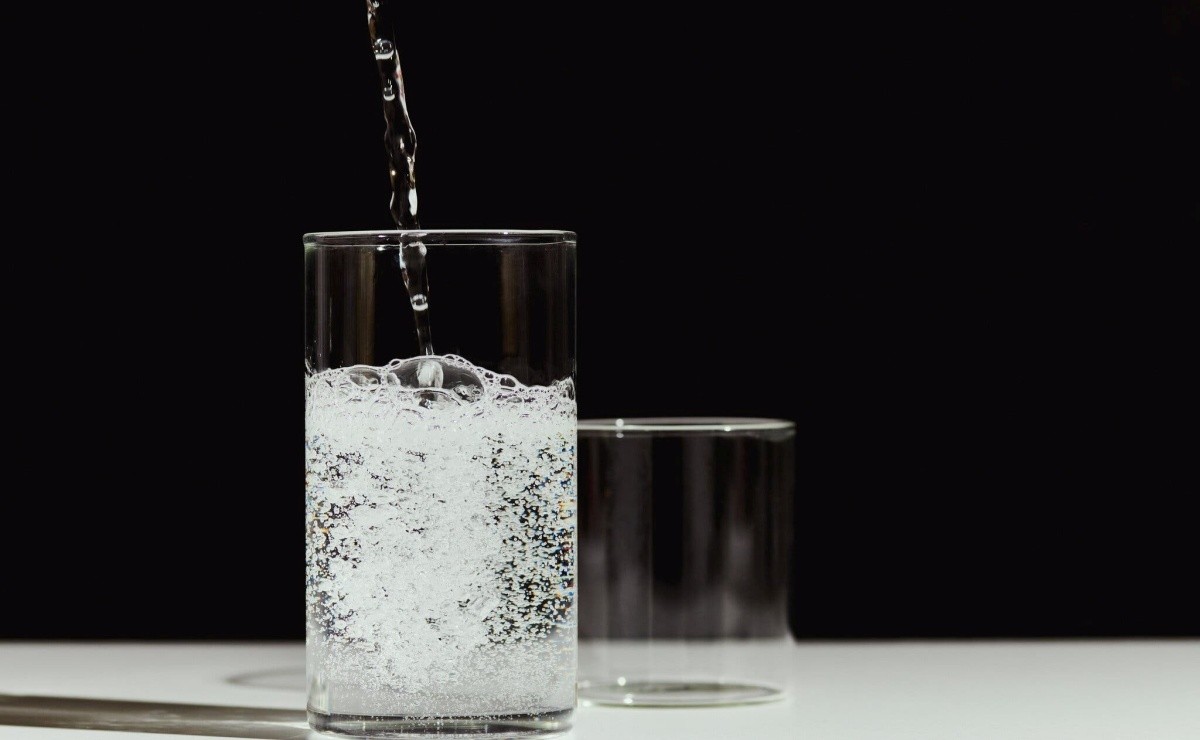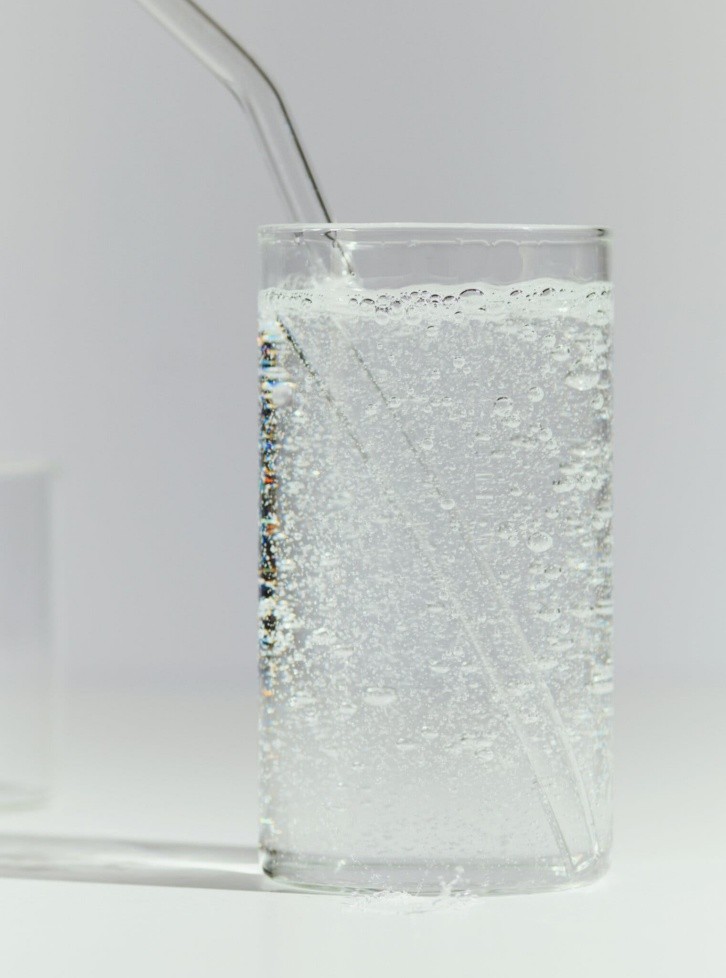
Carbonated and flavored drinks without sugar are more recommended than juices or soft drinks. But don’t overdo it, experts say
There’s still water, and then there’s what my 4-year-old calls “spicy water,” better known as seltzer, sparkling or carbonated water. Invigorating, bubbly and effervescent, sparkling water has become a daily ritual for many and a growing segment of the beverage industry, with annual sales already exceeding $ 4 billion in the United States.
For those who die for it, sparkling water offers a sensory experience that still water cannot – the delicious click of the can when you open it. The bubbling of effervescence when unscrewing the bottle cap to pour yourself a glass. The tingling sensation when the drink hits the tongue, sometimes with a hint of "natural" flavor.
Still water is great for hydration, "but you’d be surprised how many people don’t like the taste and aren’t willing to drink it," says Anne Linge, a registered dietitian and nutritionist at the University of Washington Medical Center. in Seattle. "Adding carbonation can make it more palatable."

Nutritionists agree that carbonated water (a category that includes artificially carbonated sparkling water and natural sparkling water) is just as hydrating as regular water, yet tap water has the added benefit of fluoride, which helps prevent tooth decay.
"If you use fluoridated water for brushing your teeth, cooking, and part of your hydration, you can also include sparkling water in your diet," says Linge. And if you make sparkling water at home using tap water, then your bubbly drink already has fluoride in it.
But keep in mind that sparkling water is more acidic in your mouth than still water.
Sparkling water contains carbon dioxide, which turns into carbonic acid when it mixes with saliva, lowering the pH level in your mouth. The pH scale indicates whether a solution is more acidic (lower pH) or alkaline (higher pH). Drinks with a lower pH can be erosive to teeth, making them more susceptible to cavities; However, unsweetened carbonated water is nowhere near as erosive as sodas or fruit juices, according to a 2016 study published in the Journal of the American Dental Association.
Some brands of carbonated water include ingredients like citric acid for flavor, which can raise the acidity level. Adding your own lemon or lime wedges would have a similar effect. And since the ingredient list often says "natural flavor," it is difficult to know exactly what has been added.
There is little research on carbonated water and its effect on teeth. But according to Brittany Seymour, a physician and associate professor at the Harvard School of Dental Medicine and spokesperson for the American Dental Association, “it would have to be consumed a lot throughout the day for it to have detrimental effects similar to what we would see with fruit juices or fizzy drinks ”.
Bottom line: Since carbonated water has the potential to be erosive, think of it as a once-a-day fad and not your main source of water, Seymour said.
"If you want to drink two or three sparkling waters a day, maybe you should accompany them with a meal," he added.
When you eat, your mouth produces more saliva, which can help neutralize acids on the surface of your teeth.
If you prefer to drink it on its own, without food — Seymour usually drinks unsweetened carbonated water while preparing dinner — use a straw or straw to help the water pass without touching your teeth too much. In general, try not to sip it for more than an hour. Drinking sparkling water for a long time prolongs the time your teeth are exposed to acidity.
If you love sparkling water and like to drink it several times a day, without meals, consider brushing your teeth with a fluoride toothpaste afterward to prevent cavities. Just make sure to wait at least 30 minutes after your last drink, says Seymour.
Why? The acidity of carbonated water softens tooth enamel. Taking a break gives your enamel a chance to remineralize and return to its normal hardening state, which is the ideal surface for brushing because it can better tolerate abrasives, he added.
If you have kids who also like to enjoy bubbly water, "I’d say it’s generally okay," Seymour said. But, he added, "I would not do it every day with my daughter." Ideally, parents should encourage their children to drink still and fluoridated water to protect themselves from cavities, he said, and to save the sparkling water for special occasions.
Carbonated drinks can also contribute to gas and bloating, but the degree varies from person to person.
"When you swallow the carbonation, it has to come out somewhere, so it either burps or passes through flatulence," said Courtney Schuchmann, a registered dietitian in the area of Medicine at the University of Chicago and a health specialist. gastrointestinal. "If you are someone who already has problems with gas and bloating, it can cause more symptoms."
Carbonation can also worsen acid reflux and have a "filling effect," which can decrease appetite by creating bloating in the belly, he added.
Regardless of the type of water that is preferred, Schuchmann said she generally recommends that her clients drink about the ounce equivalent of half their body weight (measured in pounds) each day if they have a balanced body mass index. Such liquids may include coffee, tea, and fruit and vegetable water. But there is no hard and fast rule about how much water to drink every day, he added, because it depends on many factors, including body size, level of physical activity, environment, medical conditions, and so on.
Another thing to keep in mind: Many people assume that soda (also called club soda) and club soda are interchangeable, but soda tends to have sodium in it.
"For someone who monitors their blood pressure, it is something to be aware of," said Schuchmann. "It depends on how the rest of your diet is and how much sodium comes from other sources."